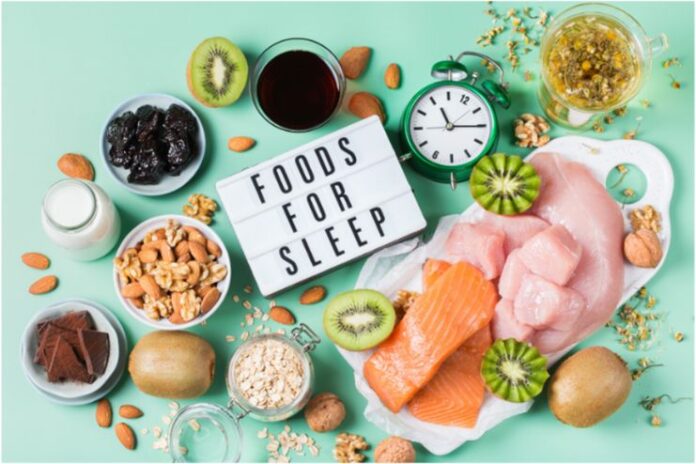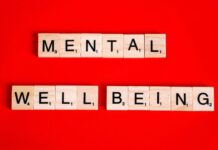Affiliate Disclaimer
Some links in this article are affiliate links. We may earn a small commission if you make a purchase through these links, at no extra cost to you. We only recommend products we find useful to our readersDo you know the quality of your sleep directly affects your ability to recover and rebuild muscles? Good quality sleep helps you achieve peak performance during the day.
However, many of us often overlook bedtime nutrition. What you eat before bed plays a crucial role in how deeply you sleep, how efficiently your body recovers, and how well your muscles repair overnight.
When sleeping, the body’s processes, including muscle regeneration, metabolic functions, and hormone balance, perform at their peak. Aligning nutrition with these natural rhythms can significantly improve muscle recovery and sleep quality.
In this article, we’ll get into the details of foods you should consume before bed for deep sleep and muscle recovery. We will understand how specific nutrients promote muscle growth and repair during sleep. Let’s explore the best foods to eat before bed for deep sleep.
Read More: Improper Sleep Quality Can Affect Gut Microbiome
How Nutrition Affects Sleep & Muscle Recovery
Nutrition and sleep go together. Certain foods actively promote relaxation, muscle repair, and produce sleep-regulating hormones. For example, tryptophan-rich foods can increase melatonin and serotonin levels, enhancing sleep quality. Meanwhile, magnesium and calcium are essential for muscle relaxation, preventing cramps, and improving muscle function.
Late-night eating habits also influence metabolism and circadian rhythm. Eating late or junk food can disturb sleep cycles, making it harder for your body to enter deep sleep stages, where muscle recovery takes place.
Let’s explore some of the best foods for muscle recovery at night and understand how they help you sleep like a pro.
Best Foods to Eat Before Bed for Better Sleep
Here are some of the best foods to eat for better sleep.
1. Tryptophan-Rich Foods to Boost Melatonin & Serotonin
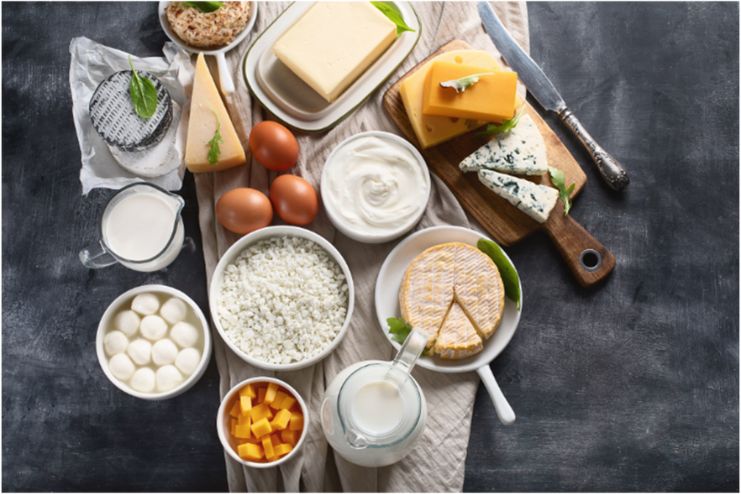
Tryptophan is an essential amino acid found in several foods that helps produce serotonin, a precursor to melatonin. Melatonin is your body’s natural sleep hormone that aids in better sleep. Higher melatonin production can not only promote falling asleep faster but also improve sleep quality.
- Turkey and Chicken: Lean meats are best for regulating sleep hormones, as these are high in tryptophan Include turkey in your dinner as it is an excellent source of tryptophan. Try to make it healthier by grilling or roasting, and avoid using excessive oil.
- Eggs: A great protein-packed source of tryptophan, eggs can calm the nervous system and prepare your body for sleep.
- Dairy Products: Getting good sleep and muscle repair can be achieved with the help of Greek yogurt and cottage cheese, which are rich in both tryptophan and casein protein. While tryptophan helps you sleep, casein protein supports slow muscle repair during the night.
Read More: Healthy Grilling: A Guide to Tasty and Nutritious BBQ Recipes
2. Magnesium & Potassium-Rich Foods for Muscle Relaxation
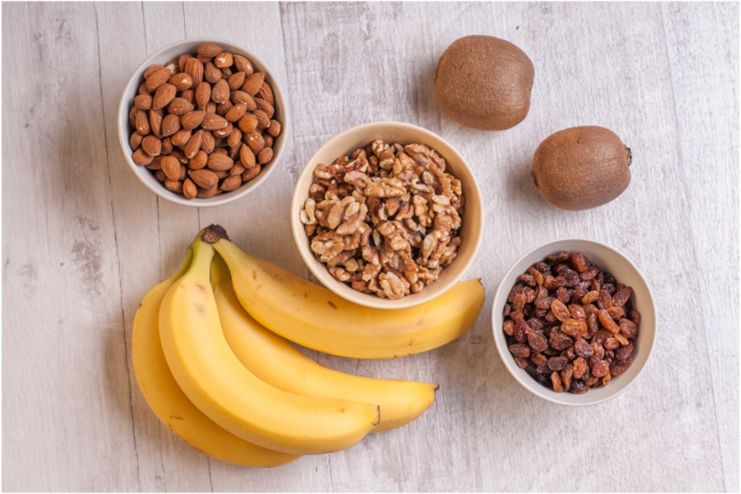
Including magnesium and potassium in your bedtime diet is important as they help restore muscles and provide good sleep.
- Bananas: Bananas are known for their potassium content, and they also provide magnesium, essential for muscle relaxation and preventing cramping during the night.
- Almonds and Walnuts: Almonds and walnuts are rich in magnesium and help soothe muscles. These also regulate blood sugar levels and prevent sudden spikes and crashes during your sleep.
Read More: Eating Walnuts Can Improve Heart And Gut Health, New Study Suggests
3. Slow-Digesting Carbohydrates for Sustained Energy
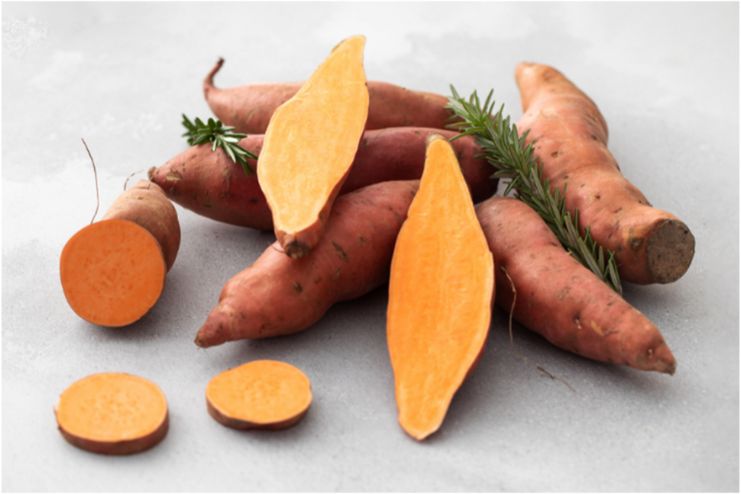
Slow-digesting carbs help stabilize blood sugar levels overnight, preventing mid-sleep wake-ups due to hunger.
- Oatmeal: Packed with fiber, oats release insulin gradually, making them a perfect bedtime snack. They help your body absorb tryptophan more efficiently and promote better sleep.
- Sweet Potatoes and Whole Grains: Whole grains like quinoa or brown rice and sweet potatoes provide steady energy throughout the night, preventing midnight hunger pangs.
Read More: 7 Low-Carb Dinner Recipes For A Healthy Heart
4. Healthy Fats for Hormone Balance & Satiety
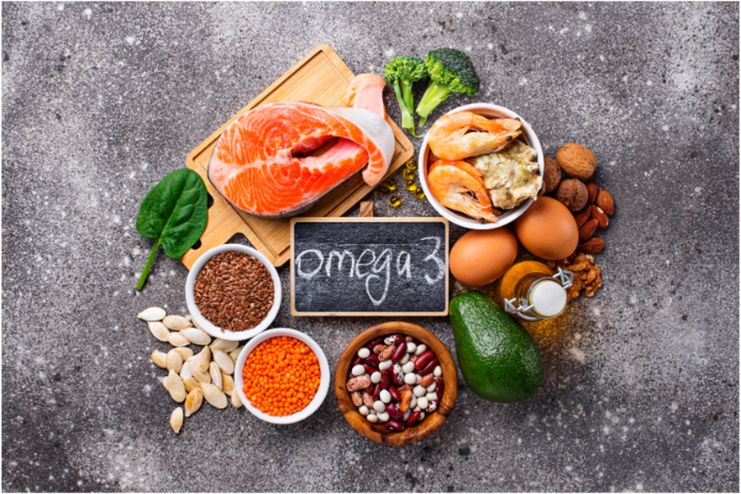
Healthy fats help maintain stable blood sugar levels, make you feel fuller after meals, and balance hormones crucial to sleep.
- Fatty Fish (Salmon or Tuna): Fatty fish is an excellent source of omega-3 fatty acids and vitamin D. These can reduce inflammation and promote deep sleep. Omega-3s also increase serotonin production, further aiding sleep.
- Avocados: Avocados are high in healthy fats and magnesium, which can help you sleep better and relax the body.
Read More: 16 Things To Do Before And After Dinner – Are You Doing It Right?
Best Foods for Muscle Recovery While You Sleep
During sleep, your body undergoes crucial repair processes, including muscle growth. Certain foods can make this recovery phase faster. Here are a few of those:
1. Casein Protein for Overnight Muscle Repair
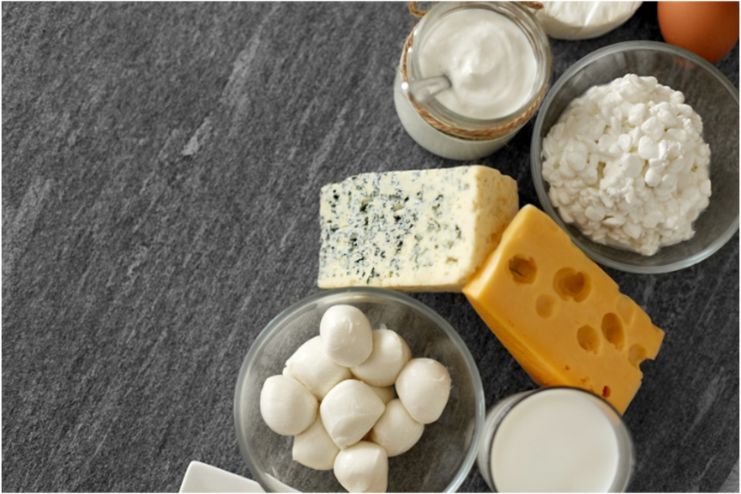
Casein protein is a slow-digesting protein that releases amino acids steadily. This sustained release of amino acids is ideal for muscle repair and growth during sleep.
- Cottage Cheese and Greek Yogurt: Before bedtime, include dairy products such as cottage cheese and Greek yogurt in your diet. These are excellent sources of casein, which helps the body repair muscle tissues and replenish glycogen stores while you sleep.
- Casein Protein Shake: If you prefer a quick protein option, a casein protein shake before bed can provide your muscles with a steady supply of amino acids.
Read More: Shake Up Your Protein Game: 7 Delicious Protein Shakes Available on Amazon
2. Collagen & Bone Broth for Joint & Muscle Health
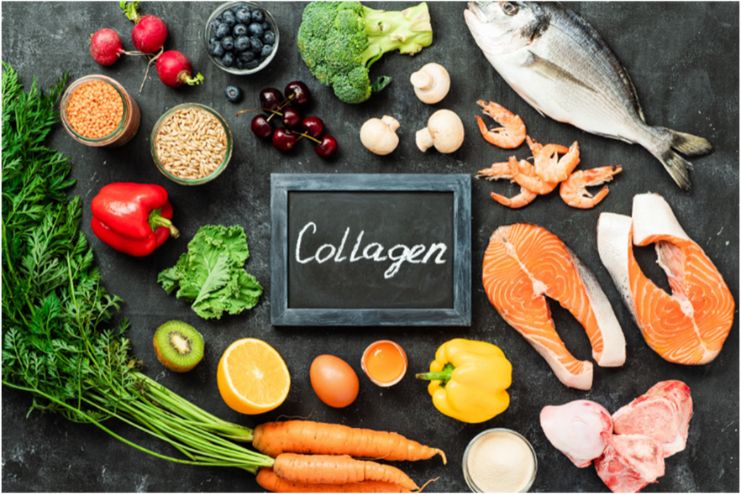
Collagen not only supports tissue repair but also helps reduce inflammation, a great aid in muscle recovery.
- Bone Broth: Rich in collagen, bone broth offers a variety of amino acids that help support joint health and muscle tissue regeneration and repair.
3. Hydration & Electrolytes

Proper hydration is important for muscle recovery and sleep. Ensure you consume electrolyte-rich beverages that can prevent cramps and dehydration during sleep.
- Coconut Water and Herbal Teas: Both help maintain electrolyte balance while providing hydration. Herbal teas like chamomile or valerian root are particularly soothing, promoting relaxation before bedtime.
Foods and Drinks to Avoid Before Bed
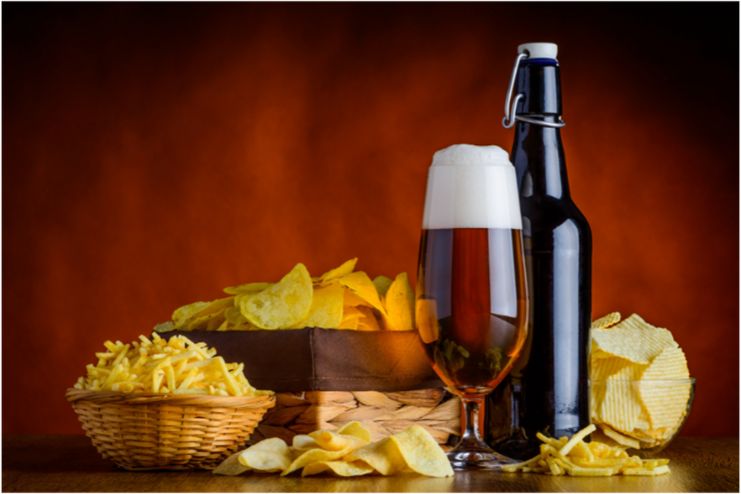
Certain foods can lead to a night of disturbed sleep and interfere with muscle recovery, so it’s essential to be mindful of what you consume before hitting the hay.
- Caffeinated Beverages: As we all know, caffeine gives an instant boost of energy and stimulates the nervous system, making it harder to fall asleep.
- Sugary Snacks and Refined Carbs: These foods cause blood sugar spikes and crashes, which can lead to disrupted sleep patterns.
- Spicy or Acidic Foods: consuming foods like hot peppers or citrus can lead to acid reflux and heartburn, making it harder to get a relaxed, deep sleep.
- Alcohol: While alcohol may initially make you feel sleepy, it disrupts the sleep cycle, especially REM sleep, and can delay muscle recovery.
Read More: 23 Foods With Electrolytes You Must Include In Your Diet TODAY
Nighttime Eating Tips for Optimal Sleep and Recovery
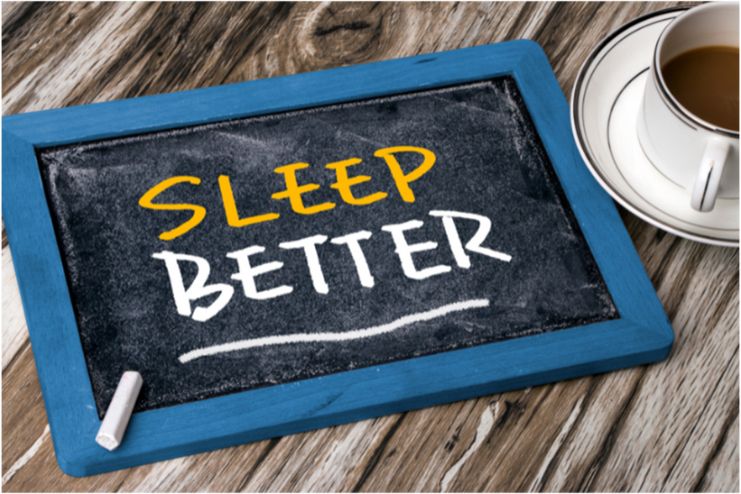
Here are a few easy yet effective tips to get maximum benefits of your nighttime nutrition:
- Best Time to Eat: What you eat is important, but so is when you eat. Ensure having your final meal or snack 60–90 minutes before bed. This allows your body to digest and absorb nutrients without feeling too full and aid in better sleep.
- Portion Control: Keep your evening meals light—think small, protein-rich snacks rather than large, heavy meals.
- Consistency: Try to establish a routine where you eat at similar times each night. Consistency helps regulate your body’s internal clock, supporting both sleep and recovery.
Read More: From Caffeine to Chamomile: Drinks That Boost Energy and Calm Anxiety
Final Thoughts: Creating a Sleep-Optimized Diet
You now understand the significance of having the right foods before hitting the bed. These foods not only help you sleep better but also aid in effective muscle restoration and growth. Experiment with the foods and combinations in the article and find what works best for you.
Start pairing sleep-friendly nutrition with proper sleep hygiene to get optimum results. The best sleep practices include a consistent sleep schedule, minimizing screen time before bed, and creating a calm sleeping environment. With these small yet effective changes, you can unlock deeper sleep, faster muscle recovery, and improved overall health.
Remember, for muscle recovery, you don’t need to just hit the gym, but rest well too. Focus on your diet for better sleep, and reap the benefits of a fully rested, rejuvenated body.
In this Article













